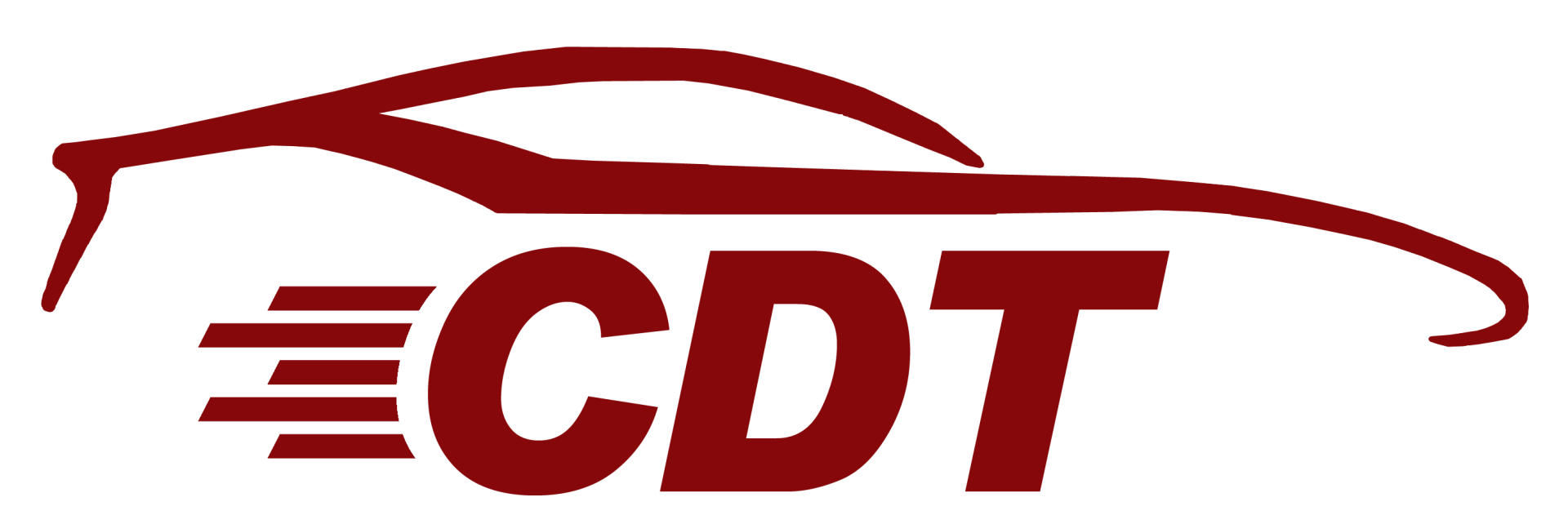How To Get A North Carolina Dealer License:
A Step by Step Guide
Before You Begin:
Determine Which Type of License You Need
- New Motor Vehicle Dealer License: Allows you to sell new and used vehicles.
- Used Motor vehicle Dealer: Allows you to sell only used vehicles.
- Wholesaler License: Allows you to distribute/sell used vehicles to car dealers.
- Distributor License: Allows you to distribute/sell new vehicles to new car dealers.
- Manufacturer License: Required for those that assemble/manufacture vehicles or import new motor vehicles through a distributor with the intent to further distribute.
Step 1: Attend a Pre-Licensing Course
All applicants for a North Carolina dealer license must attend an twelve hour pre-license course. In order to renew a North Carolina dealer license, the dealership must complete a six hour continuing education class each year. In each instance an original certificate must be submitted with your application. (Used Motor Vehicle Dealers Only)
Step 2: Obtain a Business Location
- Have an "established salesroom" containing at least 96 square feet of floor space in a permanent, enclosed building, or separate and apart from any living quarters, residence, or other business and having a separate entrance.
- Displays, or is located immediately adjacent to, a sign having block letters not less than three inches in height on contrasting background, clearly and distinctly designating the trade name of the business.
- Is a place at which a permanent business of bartering, trading, and selling motor vehicles will be carried on in good faith on an ongoing basis whereby the dealer can be contacted by the public at reasonable times.
- Is a place where the books, records, and files required by the Division under this Article are kept.
- Obtain a local zoning letter of approval for dealership business at the location
Step 3: Determine Company Structure and Register with the State, municipailty, and county
If you will be a corporation or llc; visit the North Carolina Secretary of State website and register your business. North Carolina Secretary of State
If the business will operate under any name different from the owners: An assumed business name must be filled with the Register of Deeds in the county where the business is maintained.
A Trader's License from the municipality and county must be obtained before filing your application as well.
A Trader's License from the municipality and county must be obtained before filing your application as well.
Step 4: Surety Bond
Dealers must file a surety bond with their application for a new license as well as when renewing their license. Surety bonds can be quoted and purchased from the company below.
ALL AMERICAN BONDS AND INSURANCE
First established location — $50,000 bond
ALL AMERICAN BONDS AND INSURANCE
First established location — $50,000 bond
Each additional location — $25,000 bond
**Make sure the business name is exactly the same on the bond from step 3!
Step 5: Garage Liability Insurance
You must provide proof of insurance via a certificate of insurance for a garage liability policy. Garage Liability policies can be quoted and purchased fastest through All American Bonds and Insurance.
Step 6: Arrange for a Business Location Inspection
All applicants for a dealer license must arrange for a location inspection. The inspection is conducted by an agent of the License and Theft Bureau before you submit your application to Raleigh.
Inspections can be arranged HERE.
Inspections can be arranged HERE.
Step 7: Obtain Federal Employee Identification Number (FEIN)
Internal Revenue System) or Social Security Number and Affidavit. Sole Proprietors with no employees and partnerships can submit proof of identification instead of a FEID number.
This is done on www.irs.gov
This is done on www.irs.gov
Step 8: Compile All Documents and Visit NCDOT Connect
Compile all relevant documents from the above steps in 1 packet and verify that all have the correct company name, contact information, and address for the dealership.
Once you have all the steps above completed visit the link below for NCDOT dealership resources.
https://connect.ncdot.gov/business/DMV/Pages/Car-Dealers.aspx
Once you have all the steps above completed visit the link below for NCDOT dealership resources.
https://connect.ncdot.gov/business/DMV/Pages/Car-Dealers.aspx
Step 9: Prepare Fees
License fees are as follows:
Dealer/Wholesale/Distributor License– $115.50
Factory Branch License Certificate – $167.25
Manufacture License Certificate - $250.50
Sales/Factory Representative – $25.50
Dealer plates (first 5 plates) - 46.25 each
Each Dealer Plate after 5 - 23.25 each
Dealer Transporter Plate - $23.25 each
Temporary Markers - $25 per set of 25
Additional fees per plate issued will be due in counties that require Regional Transit Authority (RTA)* Tax. It is $1.00 for Randolph County and $15.00 for Wake, Orange and Durham Counties.
Dealer/Wholesale/Distributor License– $115.50
Factory Branch License Certificate – $167.25
Manufacture License Certificate - $250.50
Sales/Factory Representative – $25.50
Dealer plates (first 5 plates) - 46.25 each
Each Dealer Plate after 5 - 23.25 each
Dealer Transporter Plate - $23.25 each
Temporary Markers - $25 per set of 25
Additional fees per plate issued will be due in counties that require Regional Transit Authority (RTA)* Tax. It is $1.00 for Randolph County and $15.00 for Wake, Orange and Durham Counties.
Step 10: Submit your Application
Submit the following in order to process your application. Incomplete forms or illegible forms will not be processed.
- LT-400 (Notarized) (Dealer License Application)
- LT-409 (Notarized) (Bond) (Step 4)
- LT-426 (Notarized) (Sales Rep Application)
- 12 Hour Continuing education certificate dated within the past 12 months (Step 1)
- Zoning approval letter (Step 2)
- Garage liability insurance certificate or declaration page (Step 5)
- If Corporation/LLC, copies of your meeting minutes and Secretary of State filing (Step 3)
- If Franchise, copy of franchise agreement(s)
- If out of State Manufacturer or Distributor, certificate of Authority
- Out of State Manufacturer must also provide proof of registration with The National Highway Traffic Safety Administration (NHTSA)

